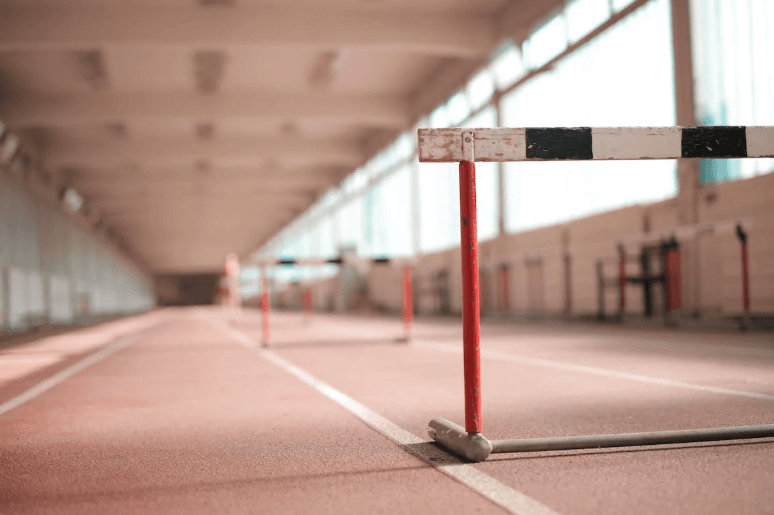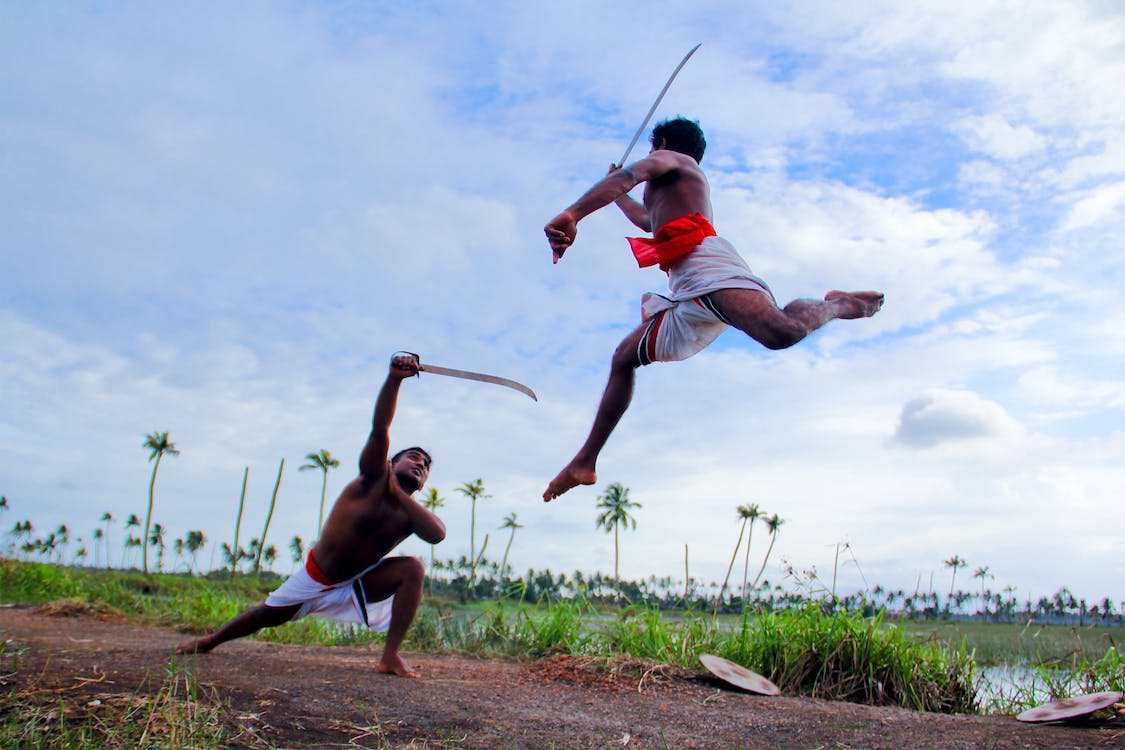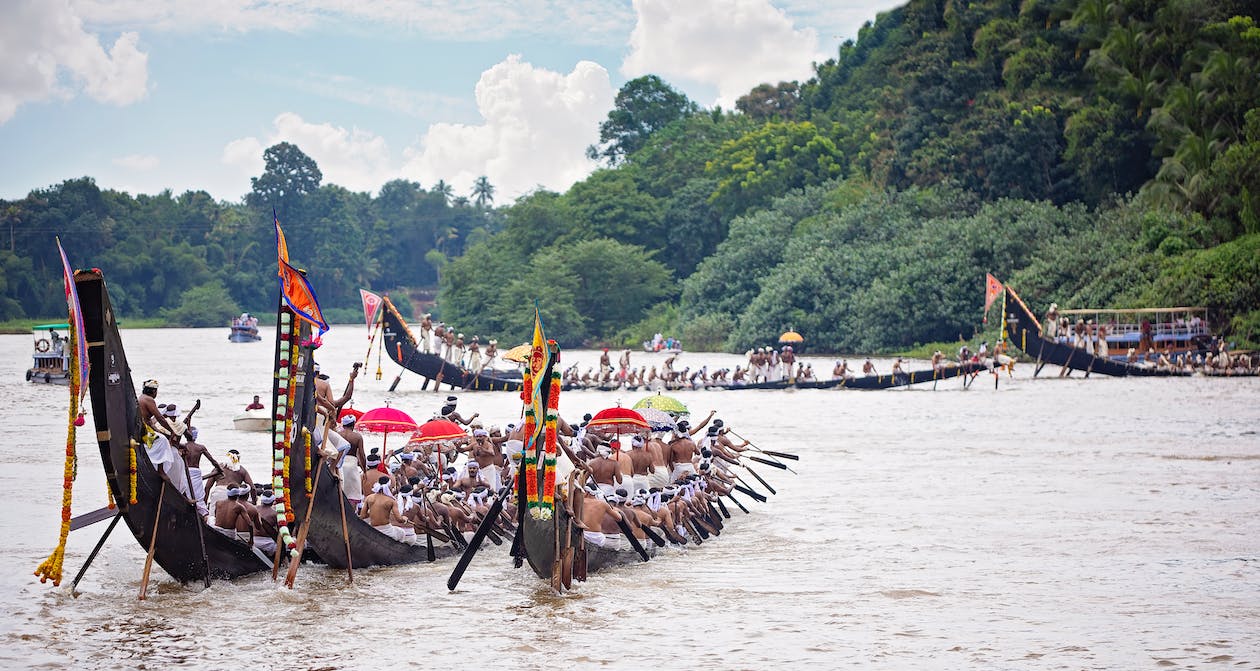Every top athlete waits for four years, preparing, visualizing, and working toward his goal of representing his nation at the Olympics. The stage is set in Paris for over 10,500 athletes across 206 countries in 549 events to showcase their talent come July 26th.
In a global competition where results are paramount, the athletes need to be at the top of their game. For that, they require to stay in the best shape, thus fitness and training become paramount. So, the instant question that pops up in a fan’s mind is how much training is required or how many hours do these athletes train daily to achieve their goals?
The answer to that question is not as simple, as it seems from the outside. As there are different sports, every discipline requires a different set of skills, training methods, rest and recovery periods. At the end, the amount of practice depends on the athlete.
For example – Olympic champion Simone Biles usually trains for 32 hours a week, with a day off, while someone like India’s Neeraj Chopra trains for six hours daily, divided into two sessions for six days a week. It was widely reported that before the 2012 London Olympics, some athletes had put in 10,000 hours of practice.
To keep it bigger perspective, there is no one right answer. However if one can understand the factors at play, final decision making becomes a lot easier.
What factors are taken into consideration?
- Age
- Training experience
- Physical activity
- Goals
No one should be training intensely six or seven days per week. However, there are certain athletes who do go beyond their scheduled training regimen, hence resulting in anxiety and depression at times.
There are some variances from one person to another. Some tolerate higher workloads a bit better than others, in large part due to the quality of their nutrition, sleep, and other recovery habits.
Sports and training have always been a topic of discussion for many years now. It is also important to understand that too little or too much of training can have reverse effects on long-term health and performance of athletes.
The final goal is performance and not about winning and losing. Proper training, along with diet and sleep can help an athlete reach his goal.






